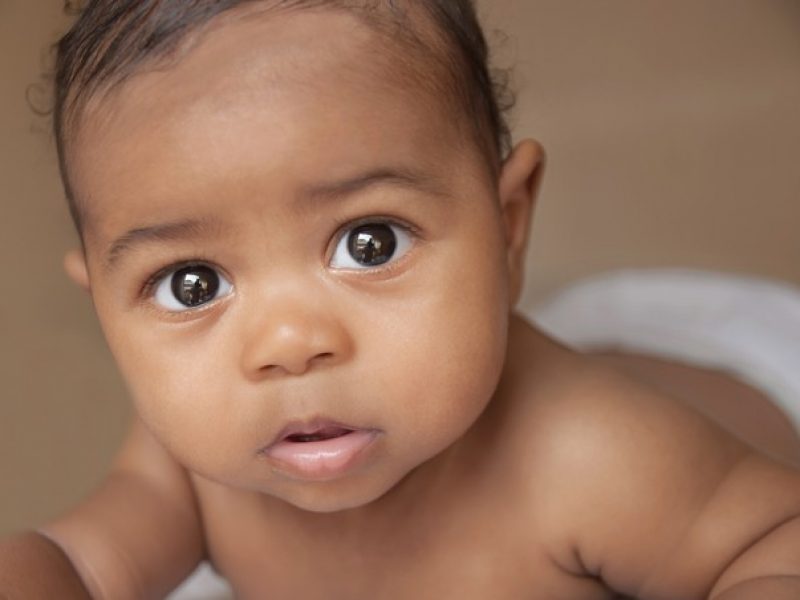The German Ministries for Education and Research and for Health had jointly mandated the German Ethics Council (Deutscher Ethikrat) in 2010 to examine the situation of intersexual persons. This was based on an invitation by the United Nations Committee on the Elimination of Discrimination against Women (CEDAW) to the German authorities to take appropriate measures to protect intersex people’s human rights.
This new law comes after the adoption of a resolution, “Children’s right to physical integrity” by the Parliamentary Assembly of the Council of Europe, which for the first time addressed the issue of bodily integrity of intersex children. Organizations such as the ILGA and OII have welcomed this resolution. The resolution clarifies that it is a violation of a person’s rights to undertake operations without their consent.
It also calls on Council of Europe Member States to undertake “research to increase knowledge about the specific situation of intersex people, ensure that no-one is subjected to unnecessary medical or surgical treatment that is cosmetic rather than vital for health during infancy or childhood, guarantee bodily integrity, autonomy and self-determination to persons concerned, and provide families with intersex children with adequate counselling and support.”
The resolution highlights reports from intersex individuals from the 1990s onwards who have spoken about the harmful impact of cosmetic surgery, which aimed to ensure that the individual’s genital appearance and internal gonads were in conformity with their assigned gender, and accompanying hormonal treatment. This practice started in the late 1950s.
ILGA-Europe and OII Europe have called for relevant European institutions to take note of this resolution and to carry out the further research that is necessary to increase knowledge about the specific human rights and social situations faced by intersex people.
Meanwhile, legislation to protect the rights of intersex individuals in Australia has also been improved strengthening the rights of intersex individuals in the Australian Capital Territory (ACT). These changes allowed people in the ACT to change the sex listed on their birth certificates, introducing a new third category “X”, to help recognize the needs of intersex individuals.


